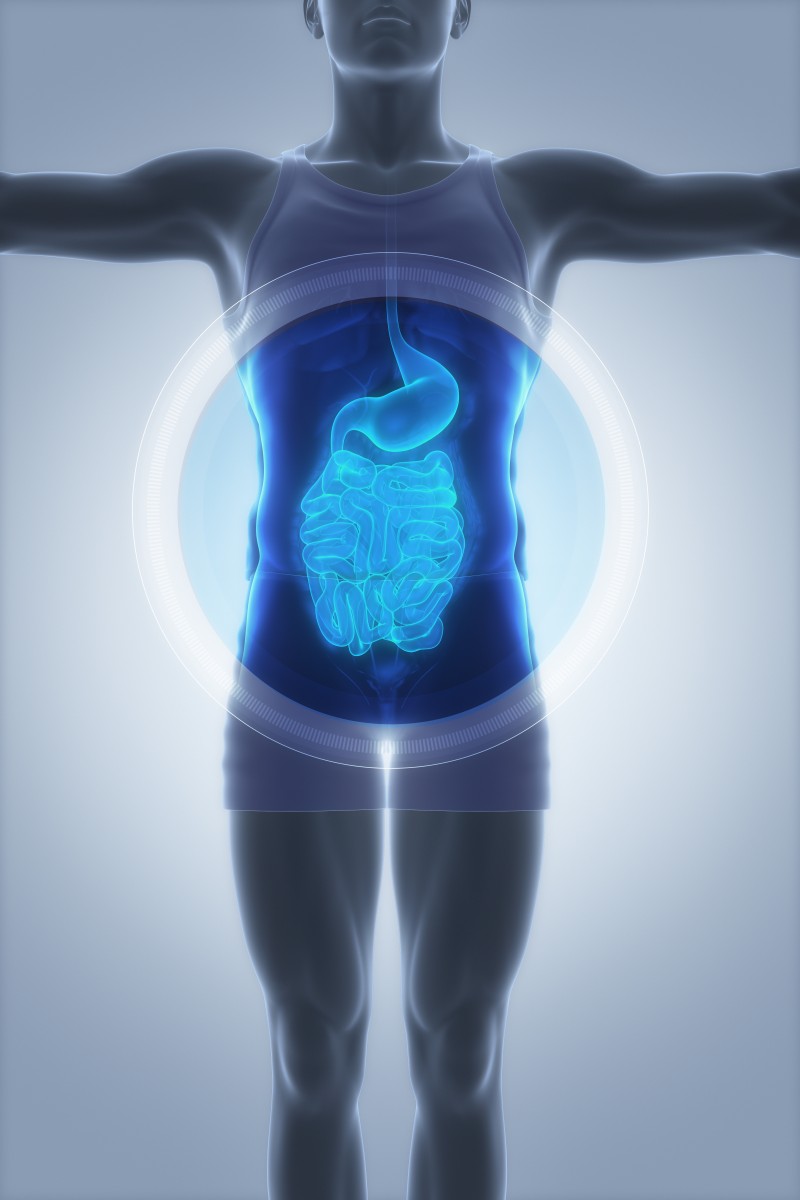Results from a recent study published in the journal Inflammatory Bowel Diseases conducted by team of researchers from the University of Toronto show that individuals with inflammatory bowel disease (IBD), such as ulcerative colitis or Crohn’s disease, are two times more likely to suffer from a generalized anxiety disorder during their lifetime in comparison to individuals without IBD.
“Patients with IBD face substantial chronic physical problems associated with the disease,” said in a recent news release lead-author Professor Esme Fuller-Thomson, the Sandra Rotman Endowed Chair at the University of Toronto’s Factor-Inwentash Faculty of Social Work. “The additional burden of anxiety disorders makes life much more challenging so this ‘double jeopardy’ must be addressed.”
In the study, the researchers found that females with IBD are four times more likely to suffer from an anxiety disorder compared with men.
The researchers used data from over 22,000 Canadians, retrieved from the 2012 Canadian Community Health Study: Mental Health. Results showed 269 had a diagnosis of ulcerative colitis or Crohn’s disease.
“The study draws attention to the need for routine screening and targeted interventions for anxiety disorders,” said co-author and adjunct lecturer Joanne Sulman. “Particularly among the most vulnerable patients with IBD: women, individuals who are in chronic pain and those with a history of childhood sexual abuse.”
Co-author and former graduate student, Rusan Lateef, noted two other factors that were associated with anxiety disorders among those with IBD. “Of particular interest was the six-fold odds of anxiety disorders we found among those with IBD who had a history of childhood sexual abuse. Not surprisingly, we also found that those who reported moderate or severe chronic pain had twice the odds of anxiety disorders in comparison to those with only mild or no chronic pain.”
According to Patrick McGowan, University of Toronto Scarborough Assistant professor of Biological Sciences at the, results from this study highlight the link between mental and physical health.
“We sometimes think of the two as if they are entirely separate entities but the reality is they are intimately linked,” said McGowan. “Both involve genuine physical changes in the body and affect each other.” McGowan was not directly involved with the study.
McGowan clarifies that the study was not looking at determining the underlying biological mechanisms of IBD or anxiety disorders, however, the results underline the importance of chronic anxiety and adverse life experiences and can trigger a stress response in the body culminating in physical conditions such as chronic inflammation.
“This study asks about the association between these processes, so we don’t know cause-and-effect, but treatment options are likely to expand if the options are broader than physical or mental health alone.”

